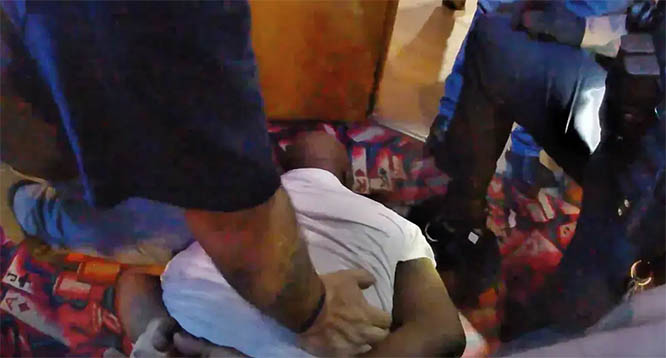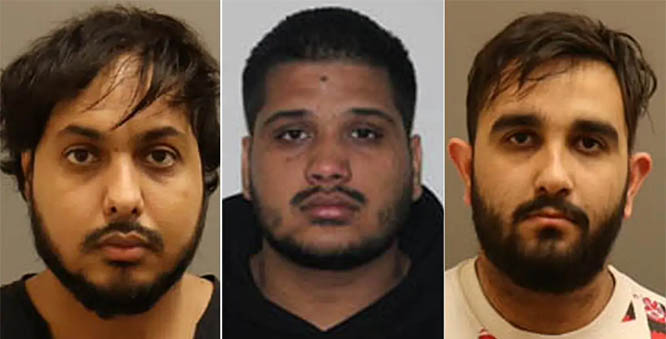The Israeli military says it has taken full control of the Rafah crossing, which borders Egypt.
Israeli tanks took over the crossing after advancing during the night following heavy bombardment of residential areas.
The military said the crossing is now disconnected from the Salah a-Din road in eastern Rafah, which was seized before.
Tel Aviv said it would continue the operation in Rafah even after the Palestinian resistance movement Hamas said it had agreed to a proposal on ceasefire in Gaza put forward by Qatari and Egyptian mediators.
Earlier, Israeli military aircraft heavily bombed Rafah accompanied with ground advances shortly after Hamas said it had accepted the ceasefire proposal.
The official Palestinian news agency Wafa and Egyptian media said Israeli military vehicles advanced towards the Palestinian side of the Rafah crossing with Egypt, as well as the Karem Shalom crossing with the Israeli-occupied territories.
A Palestinian security official and an Egyptian authority have told the Associated Press news agency that Israeli tanks have entered Rafah, reaching as close as 200 meters from Rafah’s border crossing with neighboring Egypt.
The Israeli military has said it was conducting “targeted strikes” against Hamas in eastern Rafah.
Israeli prime minister Benjamin Netanyahu's office has also said "Israel is continuing the operation in Rafah to exert military pressure on Hamas" in order to advance the release of captives and what it called "the other objectives of the war."
In the meantime, it described the proposal on ceasefire as "far from Israel's essential demands," but added that it would send negotiators for talks "to exhaust the potential for arriving at an agreement."
The military strikes on Rafah came ahead of talks in Egypt on Tuesday aimed at sealing a truce proposal accepted by Hamas, which was put forward by Qatari and Egyptian mediators.
According to a copy of the proposal, there will be three phases to ending Israel’s onslaught against Gaza.
The first phase calls for a complete withdrawal of Israeli troops from the Netzarim corridor and the return of displaced Palestinians to their homes. The second phase involves an announcement of a permanent cessation of military operations. In the last phase, there would be a complete end to the blockade of the Gaza Strip.
In return, Israel would be required to release an unspecified number of Palestinian prisoners, withdraw its troops from certain regions of the Gaza Strip, and allow Palestinians to travel from the south of the coastal sliver to the north.
About 1.5 million Palestinians are sheltering in Rafah, once designated a “safe zone” by the Israeli military. Palestinians are now struggling to evacuate the city, after the Israeli military dropped leaflets ordering them to leave as a large-scale assault on the city is planned.
UN Secretary General Antonio Guterres has said that a ground invasion of Rafah would be “intolerable” and called on Israel and Hamas “to go an extra mile” to reach a truce deal.
“This is an opportunity that cannot be missed, and a ground invasion in Rafah would be intolerable because of its devastating humanitarian consequences, and because of its destabilizing impact in the region,” Guterres told reporters on Monday ahead of a meeting with Italian President Sergio Mattarella in New York.
Jordanian Foreign Minister Ayman Safadi has also warned that Israel is “jeopardizing the deal by bombing Rafah.”








Comments
Add new comment